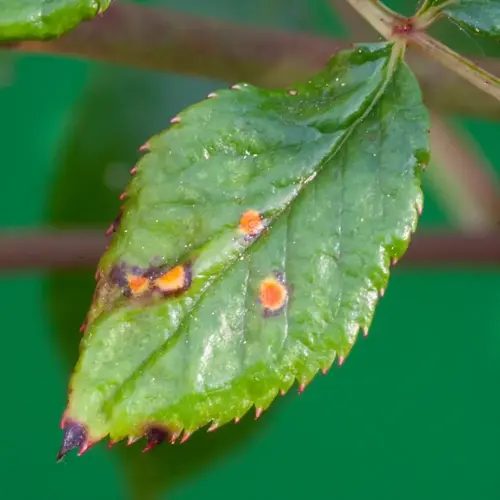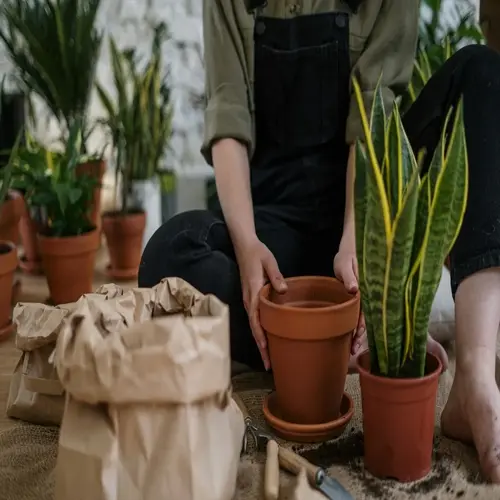Are homemade soap sprays plant-safe?

Written by
Olivia Mitchell
Reviewed by
Prof. Charles Hartman, Ph.D.Homemade soap sprays are an organic pest control method; however, there is a risk to the plants on which they are applied. They may be responsible for phytotoxicity from chemical burns if they are misformulated or misapplied. It is essential to test proper formulations and proper timing of applications. Test the product before full application to ensure it is safe. Protect your plants while effectively targeting the scales.
Risk Factors
- Phytotoxicity causes leaf burn in high heat/drought
- Sensitive plants: ferns, succulents, new seedlings
- Degreasers in dish soaps increase damage risk
- High concentrations (>3%) damage cell membranes
Preventive Testing
- Apply diluted spray to single leaf first
- Wait 48 hours for reaction signs
- Check for whitening, curling, or spotting
- Proceed only if no damage appears
Safe Application
- Use only at dawn/dusk below 80°F
- Maintain 1-2% dilution maximum
- Avoid drought-stressed plants completely
- Rinse foliage after 4 hours exposure
Testing can prevent disaster. Take a small piece of a leaf. Apply your soapy mixture. Watch it for 48 hours. If there is any yellowing or wilting, do not use this remedy. Otherwise, you can use it on the whole plant. It is a little trouble, but it saves your garden.
Adhere to strict application guidelines. The maximum recommended rate is to mix 1-2 tablespoons per gallon of water. Only spray in cool hours. Completely wet both leaf surfaces. Rinse off plant leaves after four hours. Do not apply in direct sunlight. These practices reduce stress.
Consider safer commercial alternatives. Insecticidal soaps contain potassium salts for better safety. Neem oil offers dual pest/antifungal action. Horticultural oils provide physical smothering. These cause less damage than homemade versions. They deliver reliable results consistently.
Use homemade sprays only in emergencies. Use them when you have no professional alternatives available. Keep close watch on your plants afterward. Switch back to professional products as soon as you can. Your plants deserve the best results and proven products without unnecessary risk.
Read the full article: Scale Insect Treatment: Save Your Plants Now

